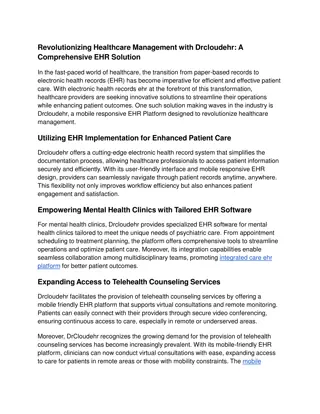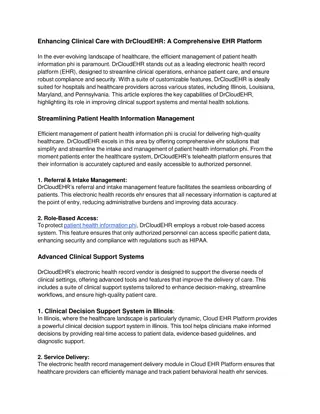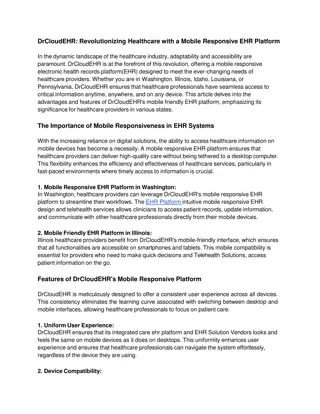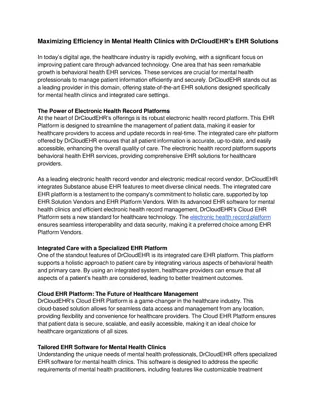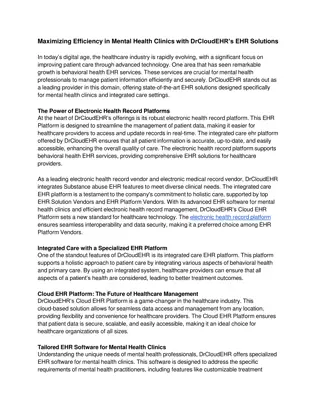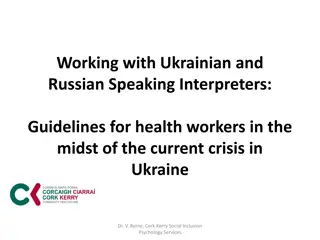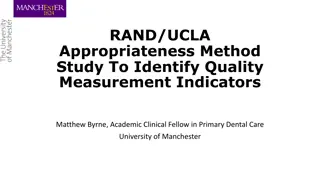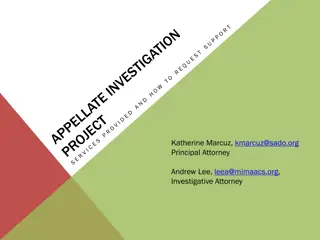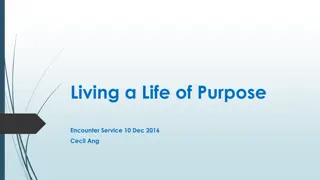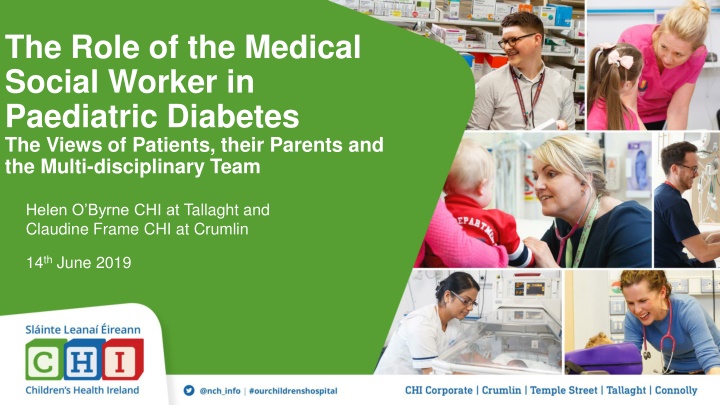
The Role of Medical Social Workers in Paediatric Diabetes Care
Explore the role of medical social workers in paediatric diabetes through the perspectives of patients, parents, and the multi-disciplinary team. This research study sheds light on the impact of psychosocial support in managing Type 1 Diabetes, revealing findings on awareness, perceptions, and interactions with medical social workers in various hospital settings.
Download Presentation

Please find below an Image/Link to download the presentation.
The content on the website is provided AS IS for your information and personal use only. It may not be sold, licensed, or shared on other websites without obtaining consent from the author. If you encounter any issues during the download, it is possible that the publisher has removed the file from their server.
You are allowed to download the files provided on this website for personal or commercial use, subject to the condition that they are used lawfully. All files are the property of their respective owners.
The content on the website is provided AS IS for your information and personal use only. It may not be sold, licensed, or shared on other websites without obtaining consent from the author.
E N D
Presentation Transcript
The Role of the Medical Social Worker in Paediatric Diabetes The Views of Patients, their Parents and the Multi-disciplinary Team Helen O Byrne CHI at Tallaght and Claudine Frame CHI at Crumlin 14thJune 2019
Background T1DM - Complex diagnosis Change in lifestyle and routine Traumatic and stressful Acceptance of diagnosis Research- Psychosocial input has a positive impact
Aim of the Research Listen to patients, parents and MDT Develop the service Meet the client s needs Explore general understanding of the role of MSW Help plan for the future- new Children s Hospital
Methodology Qualitative 257 parents and patients participated out of a possible 373 12 out of 18 MDT members participated 2 questionnaires (patient/parents and MDT)- 6 to 7 questions Knowledge and understanding of the role of MSW Aug-Oct 2017 (8 clinics) Anonymous
Findings- Patient/Parent TUH OLCHC Joint 37% 35% 65% 73% 31% participated no participation participated no participation 69% participated no participation
Findings- Patient/Parent TUH OLCHC Joint 14% 44% 30% 56% 86% 70% Patient Parent Patient Parent Patient Parent
Findings- Patient/Parent Question One: Did you know there was an MSW on the Diabetes team? TUH OLCHC Joint 30% 50% 50% 40% 70% 60% Aware Not aware Aware Not aware Aware Not aware
Findings- Patient/Parent Question Two: What do you think the role of an MSW is? 40% 38% 38% 37% 36% 35% 33% 30% 28% 27% 25% 20% 20% 16% 15% 10% 6% 6% 5% 4% 4% 5% 2% 0% Support Entitlements CP/CW OLCHC Unsure Blank TUH Joint
Findings- Patient/Parent Question Three: Have you met an MSW? 90% 85% 78% 80% 71% 70% 60% 50% 40% 28% 30% 21% 20% 15% 10% 1% 1% 0% 0% TUH OLCHC Joint Yes No Unsure
Findings- Patient/Parent Question Four: If yes, how did you find the MSW service? 80% 70% 60% 50% 40% 30% 20% 10% 0% Excellent Very Good Good Fair Poor Blank TUH OLCHC Joint
Findings- MDT Question One: What do you think the role of the MSW is? Provide support to children and their families to help better manage their Diabetes Help with issues of parenting- neglect, school issues, attending appointments, stressors at home, illness, separation, financial issues, help and support. Child abuse, Tusla involvement. Assisting with discharges. Valuable member of the MDT. Provides support to the families in most need, at diagnosis and ongoing during times of difficulty As diabetes self-management is complex and technical it is very important that if families have other social, educative or practical difficulties attending or giving the diabetes management their full attention, we should know about it and help to solve these distractions
Findings- MDT Question Four: How do you think the MSW adds to the service? Provides huge value to the service. Provides help to families struggling to attend. Links with Tusla/community services. Regular updates in her area through presentations to MDT. Involved in running group programmes for teens and parents. Available for in-patients and out-patients. Knowledge of local services is helpful, putting supports in place. MSW counselling skills are a huge support particularly for parents who are having difficulties themselves. Helpful and supportive to families with ongoing issues and improves psychosocial functioning for families. Connects them with helpful community resources. It s the only effective way of linking into the larger systems which are vital supports for lots of families A good social work can assist from all the practical issues and the difficulties that are causing poor control. If we have the help of the social worker can get individuals HbA1C down from 10% to 9% that is much more beneficial to minimise the risk of complications than getting an individual from 8 % to 7 % .
Findings- MDT Question Five: What does the MSW bring to MDT working? Broader dimension. Advise re practical supports, legislation. Further knowledge of families and functioning. A good working relationship with MDT. A respect for each others roles. Counselling skills, organisational skills a good knowledge of family law. The real children who go on to get complications are those with the repeated high HbA1c. Social workers on the team with CNS and Psychology are the life line for these people. Hence we have the AIP. Other insight into psycho social issues affecting families and methods to tackle them. Will coordinate whole team for complex/high input patients
Findings- MDT Question 6: Is there anything further that you feel the MSW could do that isn t currently offered? Some families may have negative thoughts or preconceived ideas of a social worker. Info sheets to give to families at diagnosis may be useful. Doing great job but I hear it is not full time post- need to have it full time. Many families struggling and need more support Vulnerable population I often wonder about home visits or even meetings with community social workers, PHNs to see what the real difficulties at home are Provide comprehensive information/Leaflets for families that outline the different services and supports they can avail of and how they can access them
Recommendations MSW to be provided with a space to sit at clinic A space for group work to be provided MSW to be advised of newly diagnosed patients and arrange an introduction with family Information booklet to be given to families at diagnosis explaining the role of MSW Provide supportive interventions as well as crisis interventions to families Minimum of 2 full time senior MSW posts for Diabetes team in the new hospital
Acknowledgements: Dr Ciara McDonnell, Paediatric Consultant Endocrinologist, CHI at Tallaght Prof Edna Roche, Paediatric Consultant Endocrinologist, CHI at Tallaght Dr Declan Cody, Paediatric Consultant Endocrinologist, CHI at Crumlin Dr Colm Costigan, Paediatric Consultant Endocrinologist, CHI at Crumlin Brenda Mehigan, Head of Medical Social Work, Tallaght University Hospital Sheila McCrory, Head Medical Social Worker, CHI at Crumlin Jean Roulston, Paediatric Social Work Team Leader, CHI at Tallaght
Questions? Social Work Department Children s Health Ireland at Tallaght 01- 4142462 helen.obyrne@tuh.ie

